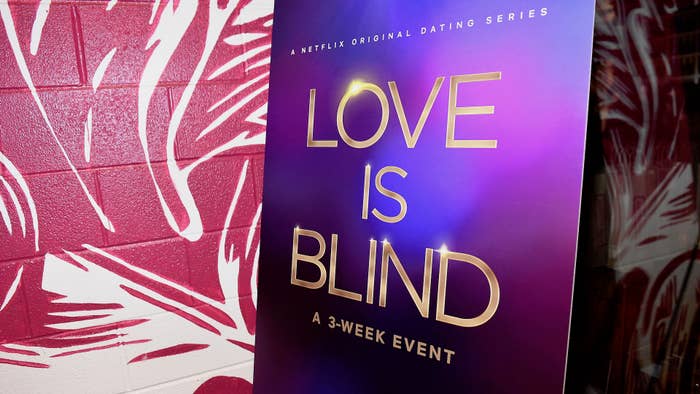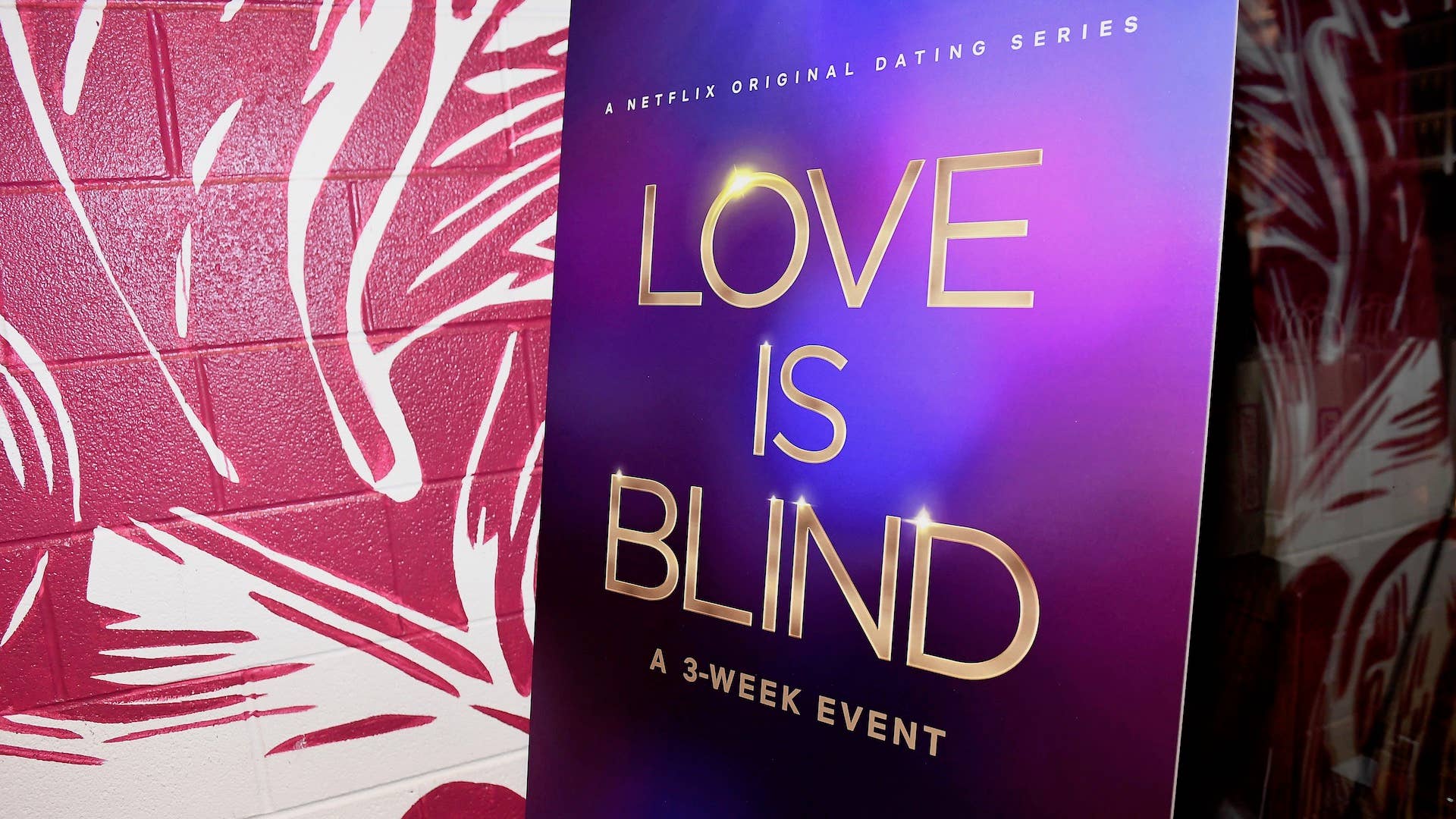
A former Love Is Blind contestant has filed a lawsuit alleging he and his fellow cast members were subjected to exploitative working conditions.
Us magazine reports Jeremy Hartwell, who appeared on Season 2 of the dating reality series, is suing Netflix and producers for over alleged labor violations he experienced and witnessed while filming the show. The suit claims Hartwell and other stars were not only underpaid, they were forced to endure 20-hour workdays while being deprived of adequate food, water, and sleep.
“The only drinks that defendants regularly provided to the cast were alcoholic beverages, soft drinks, energy drinks and mixers,” the lawsuit reads. “Hydrating drinks such as water were strictly limited to the cast during the day. The combination of sleep deprivation, isolation, lack of food, and an excess of alcohol all either required, enabled or encouraged by defendants contributed to inhumane working conditions and altered mental state for the cast.”
Love Is Blind is a non-scripted series in which contestants go on a series of blind dates without seeing the other’s physical appearance. Participants are given just days to “find love” and determine whether they want to get engaged prior to seeing each other. Hartwell allegedly filmed the show for one week in 2021, but failed to make the final cut as he didn’t get engaged.
The plaintiff claims he and other contestants were given a contract that required them to pay $50,000 in “liquidated damages” if they left the show before filming was completed. Hartwell’s attorney, Chantal Payton, told Us magazine that the monetary penalty was “50 times what some of the cast members would earn during the entire time that they worked.”
“This certainly had the potential to instill fear in the cast and enable production to exert even further control,” Hartwell added.
According to the suit, Season 2 contestants were paid a flat rate of $1,000 per week, which amounted to about $7.14 for those who worked 20 hours a day from Sunday through Saturday. Hartwell also claims he and the cast weren’t allowed to take rest or meal breaks and were prohibited from having any communication with the outside world.
“At times, defendants left members of the cast alone for hours at a time with no access to a phone, food, or any other type of contact with the outside world until they were required to return to working on the production,” read the suit, which claimed the show confiscated contestants’ IDs, phones, credit cards, and wallets.
“It was like an out-of-body experience for him, and he realized that he was open to emotional manipulation,” Laurel N. Holmes, managing partner of Payton Employment Law, toldIn Touch Weekly. “The exploitative working conditions served to control the participants’ conduct and elicited irrational behavior for entertainment value in the final project.”
According to Us, Hartwell’s suit proposes “class action on behalf of all participants in Love Is Blind and other productions” by Kinetic Content between 2018 to 2022. Netflix and Love Is Blind producers have not publicly commented on the lawsuit.

